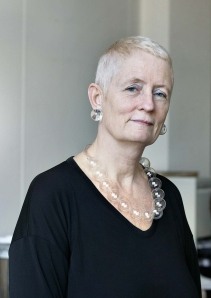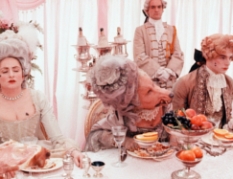Liminal Landscapes: assembly, enclosure & the West Lancs coast
David Jacques in conversation with Dr. Les Roberts
Tuesday 11th March, 2014
6pm – 8pm
Lecture Room 3, Foster Building,
University of Central Lancashire,
Preston, PR1 2HE
Free – click here (http://www.eventbrite.co.uk/e/liminal-landscapes-assembly-enclosure-the-west-lancs-coast-tickets-10211479811) to book a ticket
In Certain Places is proud to present an evening with artist David Jacques, in conversation with Dr. Les Roberts, lecturer in the Department of Communication and Media at the University of Liverpool.
N.B: Due to the storms on Wednesday 12th February, this event has been rescheduled. Please note the change of venue to Foster Building, University of Central Lancashire, Preston. Click here (http://www.uclan.ac.uk/visit/assets/preston_city_campus_map.pdf) for a map of the campus.
The event, which is the second in the Practising Place programme, will also present Jacques’ new film, The Dionysians of West Lancs. Described by the artist as ‘a phantom ride’ along the West Lancashire coast, the film weaves together historical topography, rave culture and Greek mythology to examine the age-old tension between enclosure and freedom of assembly which continues to shape this landscape.
These themes will be further explored by Les Roberts, who will present his research into sites of liminality, including the treacherous terrains of the Dee Estuary and Morecambe Bay.
Through conversation, Jacques and Roberts will discuss the power struggles, both past and present – such as the current controversy surrounding ‘fracking’ – which define such places, and outline a political reading of liminal landscapes.
About the speakers:
David Jacques is a multi-media artist primarily involved with film. His practice engages with the subject of History, its narrative interpretations and the interplay between factual and fictional strategies of representation. His interest in deconstructing and re-apportioning the subject often results in the exploration of forgotten, marginalised and socially / politically disruptive sources. In 2010 he won the Liverpool Art Prize and was shortlisted for the Northern Art Prize. Recent screenings of his work include; Tate Liverpool ‘Art turning Left’, 17th International Video Festival VIDEOMEDEJA, Novi Sad Serbia, WNDX Film Festival, Winnipeg Canada
and Sheffield Fringe at BLOC Projects Sheffield. He lives and works in Liverpool.
David Jacques on Vimeo: https://vimeo.com/user5423212
Les Roberts’ research interests and practice fall within the areas of urban cultural studies, cultural memory, and digital spatial humanities. His work explores the intersection between space, place, mobility, and memory with a particular focus on film and popular music cultures. He is author of Film, Mobility and Urban Space: a Cinematic Geography of Liverpool (2012), editor of Mapping Cultures: Place, Practice and Performance (2012) and co-editor of Locating the Moving Image: New Approaches to Film and Place (2013), Liminal Landscapes: Travel, Experience and Spaces In-between (2012), and The City and the Moving Image: Urban Projections (2010).
For information on research activities and publications see http://www.liminoids.com
Practising Place is a new two-year programme of public conversations, designed to examine the relationship between art practice and place. Each event will be hosted at a different venue in the North of England, and will explore a specific aspect of place by bringing artists together with people from different backgrounds, who share a common area of interest.
Practising Place forms part of the In Certain Places (http://www.incertainplaces.org) project, which is based at the University of Central Lancashire and funded by the Arts Council of England.
Click here to visit the Practising Place (http://www.practisingplace.org) website.





